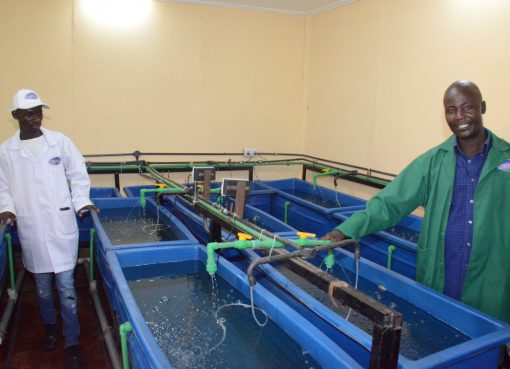Law enforcement agencies in Marsabit County have been tasked to stamp out illegal trade, which abounds in the region within the next three months.
Marsabit county commissioner Paul Rotich said the actors in the sector are expected to apply a multi-sectoral approach in tackling the problem under a rapid result initiative (RRI).
Rotich who was speaking during a court users’ committee (CUC) meeting held at the Victorian Hotel in Marsabit town, said trafficking and peddling of illicit drugs, especially bhang was widespread and needed to be contained.
The county commissioner said there was also proliferation of second generation alcohol and other substances which security agencies have to decisively deal with in order to rescue youths and the local energetic labour force from going to waste.
“We have instituted measures to deal with this menace through security patrols and erecting road blocks, but the criminals in this business have devised new ways of evading arrest through use of panya routes,” he said, while warning that the fight must be won.
Fish traders who ferry the commodity from Lake Turkana were also put on notice against being used to hide the drugs in their trucks.
He said that culprits would be sternly punished while their motor vehicles would be impounded and forfeited to the state.
Rotich expressed concern that the county, given its border locality, was becoming a dumping ground for counterfeit goods ranging from alcohol, soft drinks, sugar, powder milk, clothes and shoes among others.
He told the meeting that was also attended by Marsabit Principal Magistrate Christine Wekesa and the county police commander Robinson Mboloi that counterfeits were robbing the government of the much needed revenue besides unfairly competing with locally manufactured goods and genuine imports.
Rotich who is also the chairman of the county intelligence and security committee pointed out that most of the items being smuggled into the country were of poor quality, adding that Kenyans buying them were not getting value for their money.
The county commissioner also noted that banned polythene bags were widely in circulation in urban centers across the county, which he regretted was both an environmental and health hazard.
This, he said, was despite concerted efforts by the National Environment Management Authority (NEMA) to control the menace.
The county commissioner called for collaboration from all the concerned agencies including the courts in the fight against societal vices in the region.
By Sebastian Miriti





